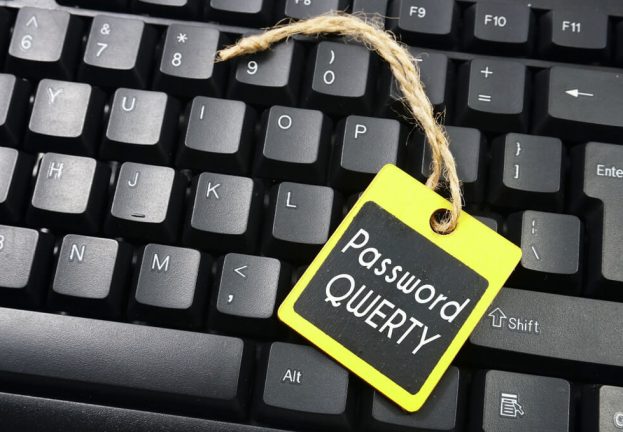Using weak passwords or using the same passwords repeatedly could make you susceptible to hackers. If you are vulnerable, hackers may crack your passwords and gain easy access to all your bank accounts, social media profiles, emails, and some other sensitive accounts with confidential information and critical personal data. In the event, somebody gets access to this crucial information; there is every chance of you becoming an identity theft victim. Hence, creating a really strong password is of pivotal importance.
Ways Your Password Could Be Hacked
Password hacking is usually done in three common ways.
Brute Force Attacks: In this method, a hacker would be using automated software for guessing your password and username combination. This software would be trying all possible character combinations and would be trying usually the most common passwords initially. Hence, weak passwords would be cracked relatively easily by a brute force attack.
Dictionary: This hacking method would be running a defined dictionary simply against your passwords. Some of the most commonly chosen and used password combinations are included in this dictionary. Hence, this is a great technique of hacking into all weakly protected accounts.
Social Engineering & Phishing: Accessing somebody’s password by implementing a phishing or an effective social engineering attack does technically fall into the category of a hack. However, it is known for providing the hacker with easy access to your precise passwords and critical confidential information.
Forbes.com recommends enabling two-factor authentication to protect you against identity thefts, personal information breaches, and frauds. Even though some types of data breaches may not be in your control, there are several precautionary measures you could take for protecting yourself. It is best to choose two-factor authentication on all your accounts for an additional protective shield or security layer for the login information. We know that two-factor authentication necessitates an additional piece of data like clicking a link that was sent to you on email or entering a precise code that was sent directly to your precise mobile device or even answering a specific security question. You may consider getting something similar to LifeLock as a protection against any data breach.
Here are some Major password mistakes to avoid.
Mistake No. 1: Changing Passwords Too Frequently: You must realize that changing your password a bit too often could prove to be counterproductive. Changed passwords could be forgotten and they could be stolen as effortlessly as passwords that are infrequently changed.
Mistake No.2: Not Screening Your Passwords: It is highly recommended by The National Institute of Standards and Technology to compare your specific password against some compromised passwords or commonly used ones.
Mistake No.3: Recycling the Same Passwords: Keeping on reusing or recycling the same password for multiple websites or platforms could prove to be quite dangerous for banking, email, and even social media accounts and one of the major password mistake.
Mistake No.4: You have your passwords on a device: Never use the save options or remember me on a public computer. Remember that the next user could gain easy access to your information. This is a major password mistake done by many users.
Mistake No.5: Not Safeguarding Your Mobile Device. You must realize that over 52 percent of individuals make the grave mistake of not getting all their mobile devices password protected. While you set your mobile device password, it is a wise idea to avoid all common options such as 1234, 2580, 0000, or 5683.
Mistake No.6: Making It Too Familiar: Never use the following in your passwords: maiden names, names of loved ones, birthdays, hometowns, wedding dates, or any other stuff that could be garnered easily by doing a little bit of online research.
Conclusion
The consequences of identity theft could be long-lasting. Moreover, the implications are not restricted to financial issues. The identity theft victim could be suffering from a host of emotional implications including anxiety, stress, and depression. Hence, it is critical to take appropriate measures to protect yourself from identity theft or hacking of an account.







